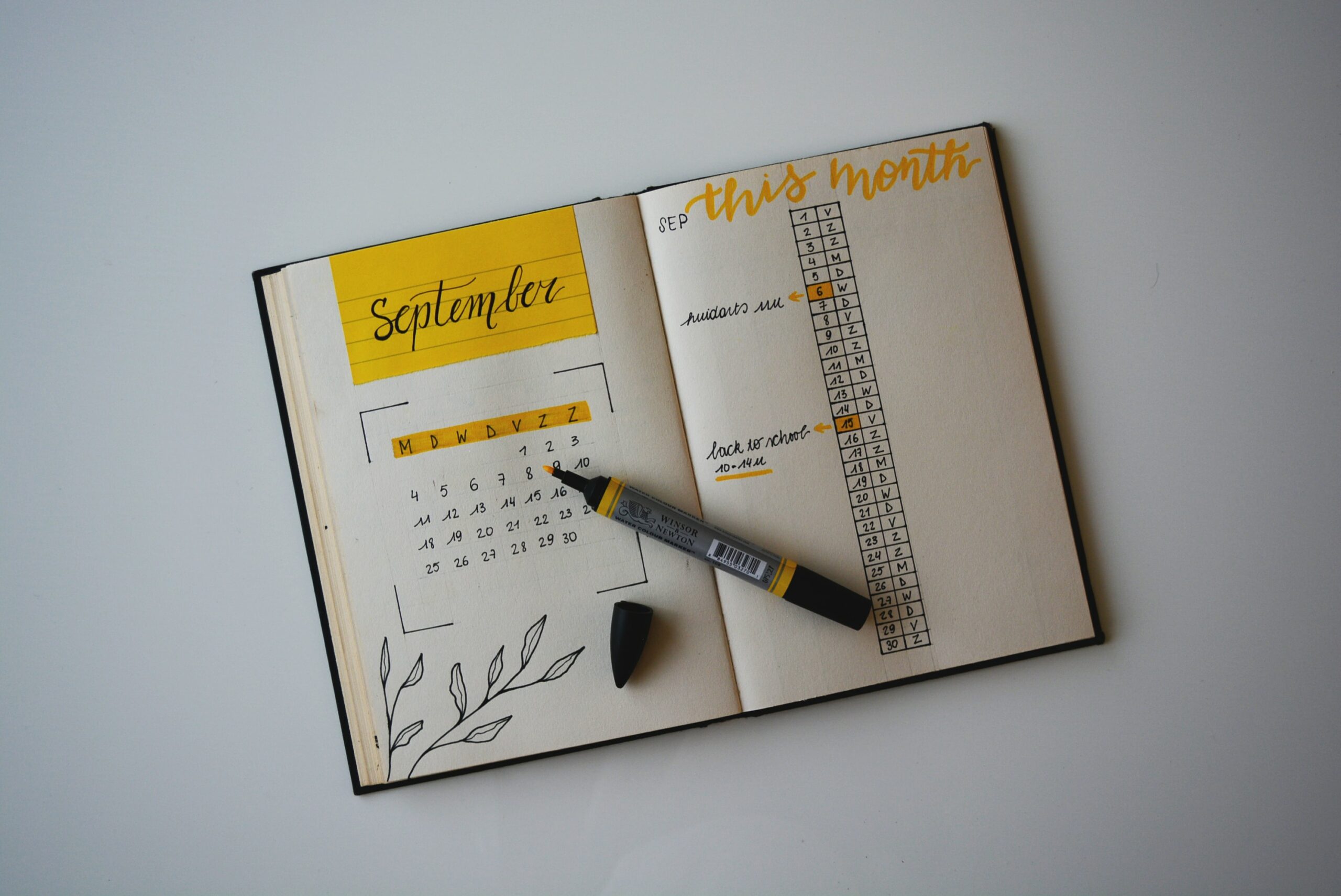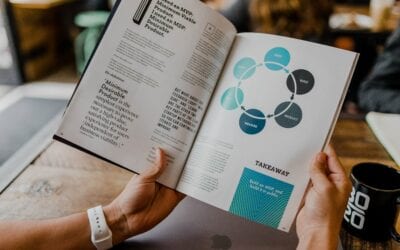Personal agendas in the workplace have developed a bad reputation over the years as the idea has become associated with ruthless corporate climbers willing to betray their nearest and dearest to get ahead.
But this is an absurd portrayal of what is essentially approaching your career with a professional development plan in mind.
If you are working as a digital nomad, freelancer, or on a project basis, you should actually think of a personal agenda as an essential part of your professional strategy.
In this article we are going to tell you exactly why this is, and provide you with some orientation for developing a strong personal professional agenda as a digital nomad.
What is a Personal Agenda?
All good companies have an agenda, whether that be to maximize profits, dominate a market, develop new technological solutions, or change people’s lives for the better. Ideally, everyone who works for that company should be working to make that shared corporate agenda a reality.
But alongside this shared agenda, most employees will also have a personal agenda. This could be to gain a promotion, accumulate enough experience to apply for jobs outside the company, or earn personal recognition for certain innovations.
There are very few people who don’t have a personal agenda within their professional lives, even if it is simply to make enough money to support loved ones while maintaining a decent work-life balance. It is just that not everyone actively thinks about these things in terms of a “personal agenda”.
In fact, most people would say that they don’t have a personal agenda at work and may even be wary of those who do. Teams are often known to complain about individual team members who do have an obvious personal agenda, assuming that they will put their own priorities above that of the team. As a result, they are often suspected of trying to make themselves look good at the expense of others.
While self-promoting opportunists who might throw their colleagues under the bus to get ahead certainly exist in some workplaces, the reality is that these individuals are the exception to the rule.
Most people have a personal agenda that is consistent with their team’s shared agenda. It is through delivering their best for the company that they will gain the recognition and rewards that they crave.
In fact, many companies not only encourage their staff members to have a personal agenda, but also institutionalize these in the form of a personal development plan. At regular one-on-one meeting managers ask team members to identify areas where they can learn and improve and set goals for where they would like to be in one, two, or three years.
The best companies look for ways to align the personal agendas of team members with the company’s agenda to get the best performance out of the team and benefit everyone.
The term “personal agenda” needs to be destigmatized in the workplace and decoupled from the idea of the few selfish and self-serving individuals who simply aren’t team players.

Personal Agendas for Freelancers
While we think most people should have a personal agenda at work to ensure their professional development, this is even more important for anyone who works freelance or on a project basis.
If you work in a corporate environment, there is often a clear career path to follow. But when you are outside of these traditional environments, it is up to you to design how you want your career to grow and make it happen.
This means choosing jobs and clients that let you develop or showcase the skills and talents that are most important to you, taking on challenges that will let you develop your business, and cultivating relationships that allow you to expand your client pool with desirable prospects.
On top of this, if you are also working as a digital nomad this might entail selecting clients that are active in geographical regions in which you are interested, that sync up with you in terms of time zone, and let you optimize the balance between the time you spend working and travelling.
So, if you are a digital nomad, what should your personal agenda look like?
Creating a Personal Agenda as a Digital Nomad
Set Clear Goals
To set any kind of coherent personal agenda, you need to start with a clear goal. This means having a good idea of what exactly it is that you want, and maybe a vision of where you want to be professionally in one, two, three, five, or even ten years.
If you are only planning on spending a year as a digital nomad before settling down somewhere more permanent, perhaps to start a family, your goals might look quite different to someone who has left the corporate world and would like to pursue the digital nomad lifestyle in the long term until some kind of retirement.
You should be asking yourself questions such as the following.
- How much money do you need to earn to support your lifestyle and investments, and how much money would you like to earn in terms of a competitive salary for your chosen field?
- What is your priority balance between professional success and leisure time, and how much time are you willing to spend working on a regular basis?
- Are you looking to build your independent freelance business, or do you intend to transition into a different type of role after a certain period of time?
- What skills and experiences do you need to accumulate to be qualified and desirable for the roles and jobs that you are considering?
- What kinds of jobs would you like to have in your portfolio and what kinds of clients would you most like to cultivate?
- Do you have specific priorities, such as developing contacts in a specific region of the world?
Asking yourself these kinds of questions will help you develop clear goals than you can then plan for and work towards.

Develop a Plan
Once you have set your goals, you can start developing a plan. What exactly your plan will look like will depend on what you want to achieve, but it is likely to include things such as the following.
- A marketing plan for how you will advertise your services to desirable clients and secure the types of jobs that will contribute to your goals.
- Parameters for deciding which jobs to pitch for and accept. This may include how much they pay, what region of the world the client is active in, whether it is a one-off job or has the potential to open new doors, and whether the work will allow you to develop and showcase your top priority talents and skills.
- If you are missing any important skills or experience that are stopping your from getting certain jobs, you may also have a plan to acquire these skills.
Once you have a plan in place, it is then a matter of finding the discipline to stick to it. This might mean saying no to clients that you have existing relationships with because their work does not align with your agenda, putting up your prices at the risk of losing work, and taking time out from work for study and professional development.

Track Progress
While you can spend a long time coming up with the perfect plan, the only way to know whether it is actually going to work is to put it into practice.
You won’t know definitively whether you have priced yourself too high, if your marketing strategy is working, or if acquiring new skills will open-up new opportunities until you try.
Tracking your progress can help keep you motivated if you are working towards long term goals, and it can help you identify what is and what isn’t working so that you can improve your tactics and plans over time.

The Benefits of a Personal Agenda
Critics of the personal agenda at work suggest that it can undermine the quality of the work delivered because when individuals are busy pursuing their own goals, they forget or deprioritize the goals of the company.
But in our opinion, when a digital nomad or freelancer has a strong personal agenda, it allows them to deliver better work for their clients.
When you are accepting jobs uncritically, there can be a temptation to get them done quickly and move on to the next thing, rather than necessarily give your best possible work.
But when you have a strong personal agenda that means that every job that you accept also aligns with your personal goals and provides you with tangible personal benefits, you are significantly more likely to deliver your best possible work, benefiting both you and the client.












